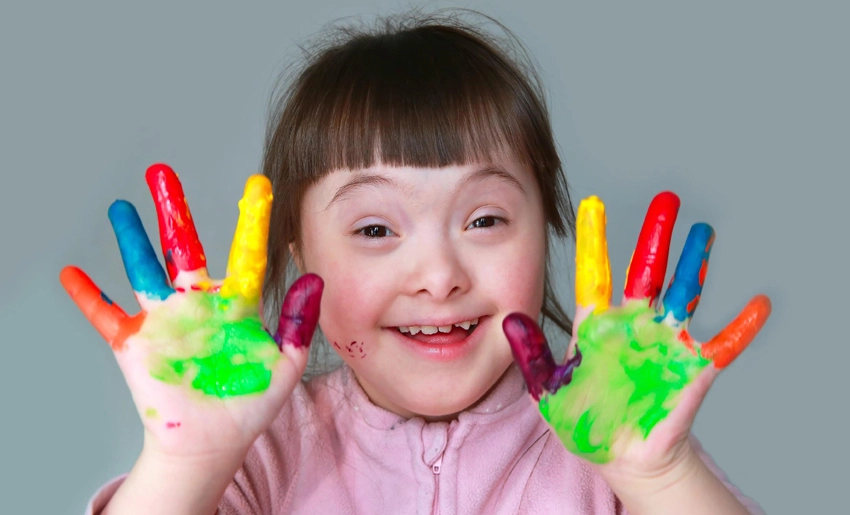Although the possibility of having a baby with Down Syndrome is reduced to one in 1,100 births. It is a condition that according to the United Nations (UN) has always been part of the human condition. It exists in all regions of the world, with varying effects on learning styles, physical characteristics and health.
This condition, to which spaces for dialogue are dedicated every March 21 because it is its World Day. Was discovered as a nosological entity in 1866 by John Langdon Hayden Down. Broadly speaking, it consists of a person having an additional chromosome or an additional part of it. Which is called trisomy, hence it is also called trisomy 21.
But what challenges does life impose on Down Syndromes?
It certainly modifies the way the body and brain of the carrier develop and involves not a few challenges. Both mental and physical, that those affected with this Syndrome face during their lifetime.
They usually have a typical physical appearance, with varying degrees of cognitive and intellectual disability, respiratory, heart and thyroid gland problems. It also involves developmental delays, varying degrees of vulnerability in their health.
Down syndrome occurs by chance, as an error in dividing cells during the early development of the fetus. It’s not known for sure why it occurs or how many different factors increase the risk of developing it. Although there is a consensus that women over 35 are more likely to have a baby with this genetic alteration.
Many cases of Down have a healthy life, others may have one or more birth defects or other health problems. For its diagnosis there are prenatal screening tests that show if the unborn baby has a greater or lesser probability of suffering from it and once it is altered. Moreover other tests are required to confirm it. For this a verification of the chromosomes is carried out in a sample of cells extracted from the fetus.
Once diagnosed after birth, although it is news that shakes the families of those affected. The sooner they focus on helping them develop their full potential, the better it will be. Down Syndromes are available to speech, occupational and physical therapies that are more effective to the extent that early intervention is carried out.
Stimulation from the first years of life is vital, not only in the health field. But also in the educational and social field to enhance personal skills and develop autonomy in adult life. With these actions, their quality of life and health are favored. As a society we must learn more about this issue to promote its inclusión.
As well as respect and appreciate the special nature of this genetic alteration from the differences it implies.
By: Maylín Betancourt Verdecia / Translated by Radio Angulo
- Installation of Photovoltaic Systems in Rural Communities in Holguin - 19 de January de 2026
- 39th City Salon Opens in Holguin - 19 de January de 2026
- Habanos Festival Among Cuba’s Most Important Tourism Events - 19 de January de 2026

